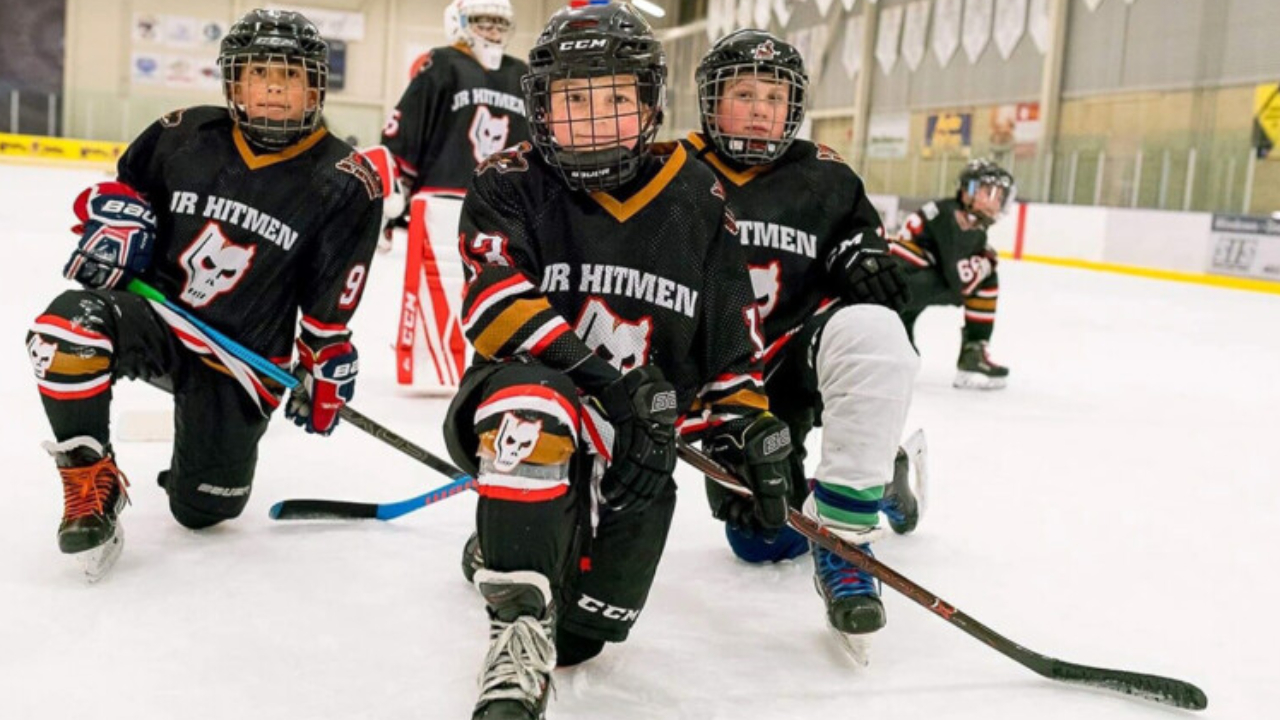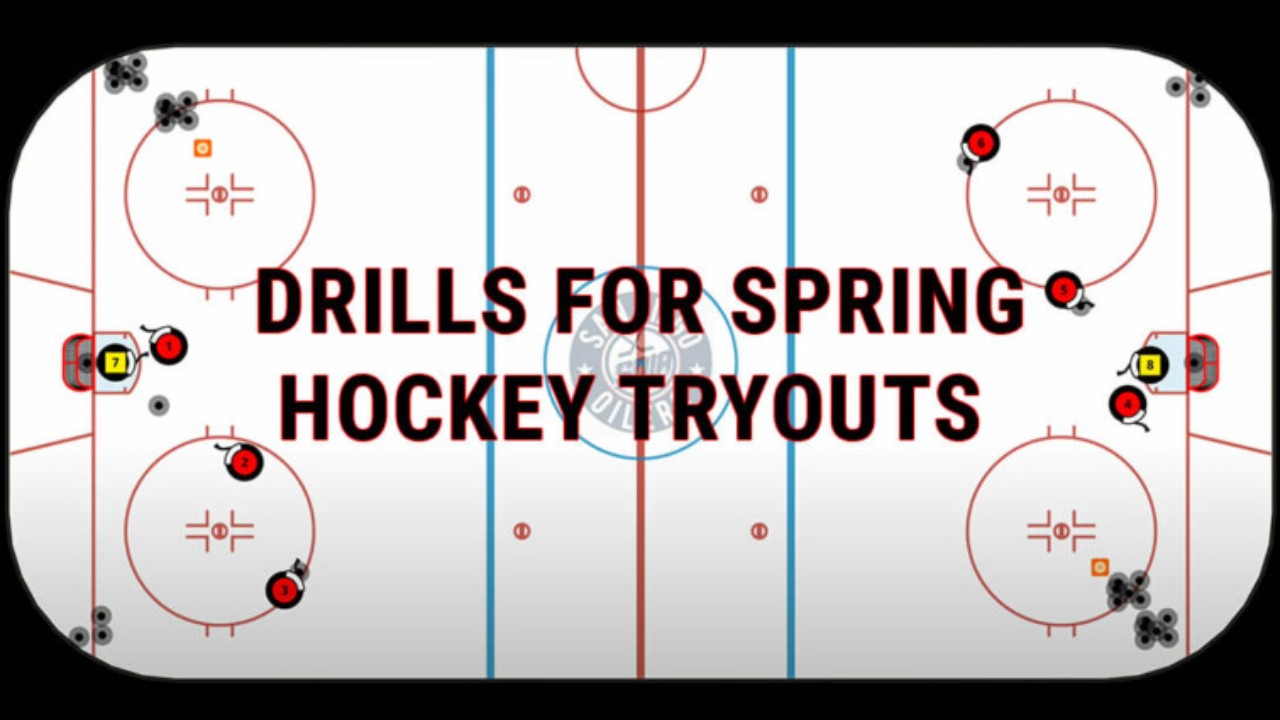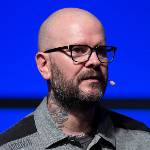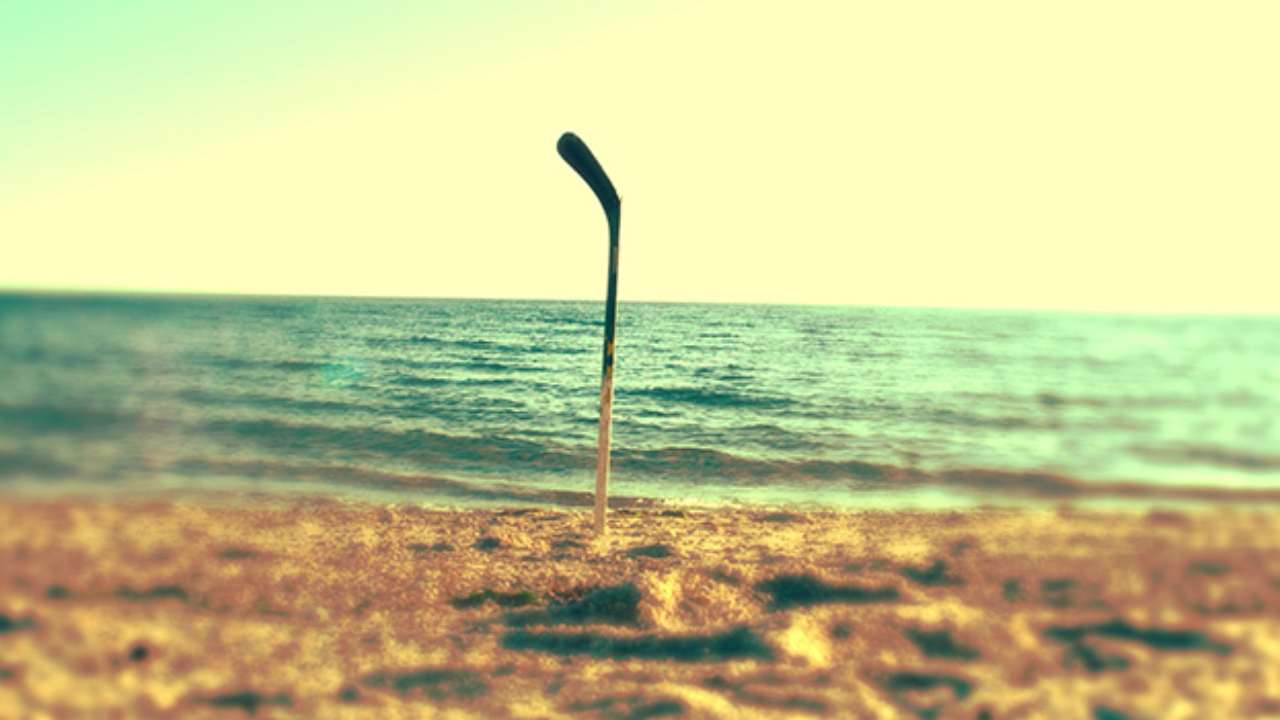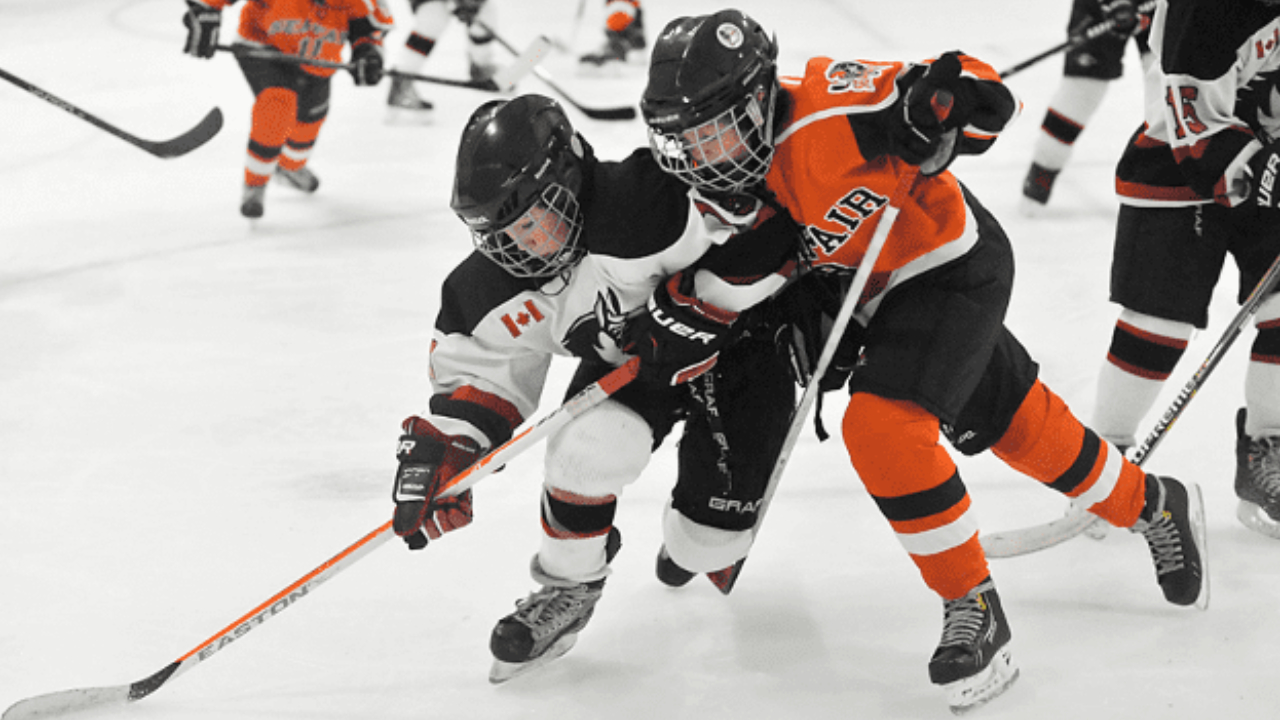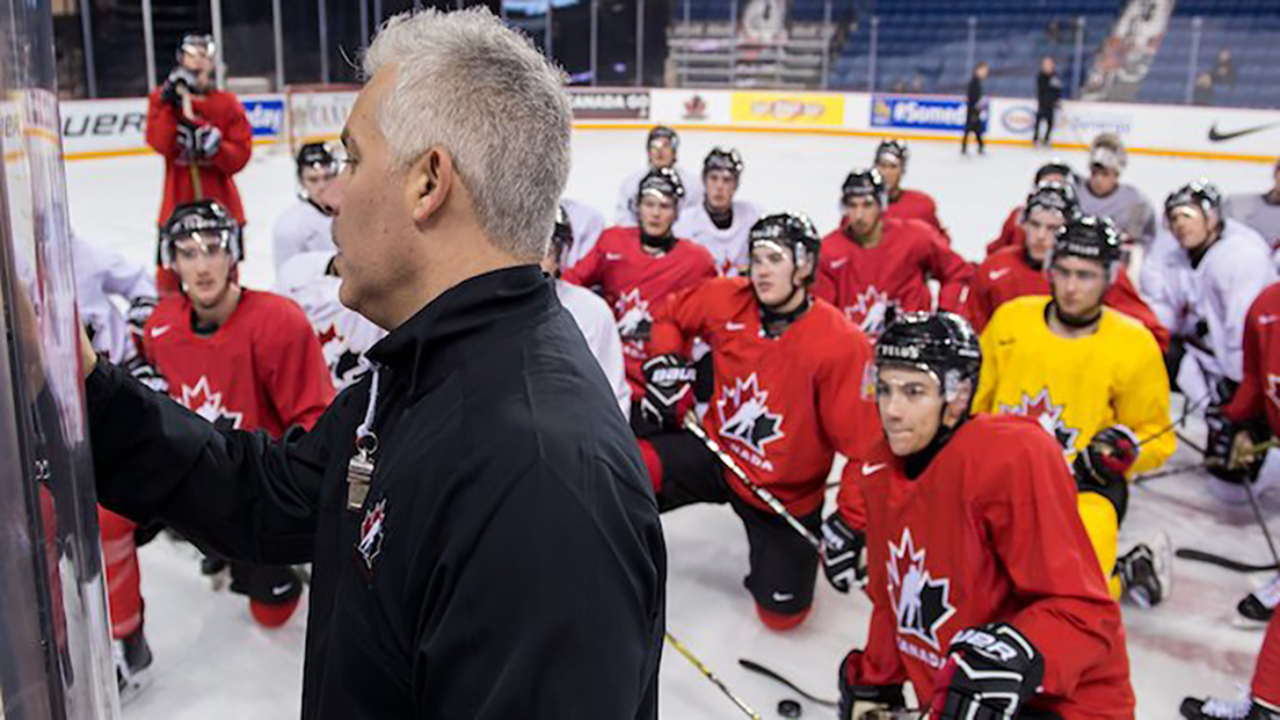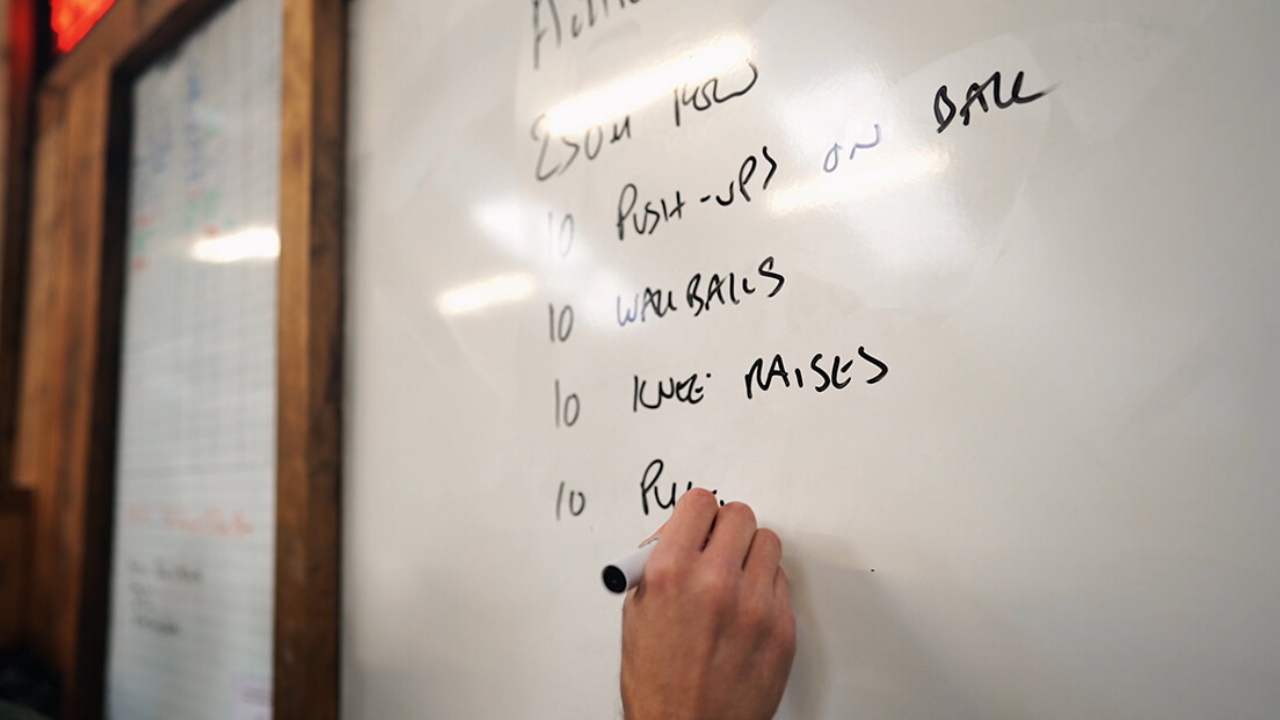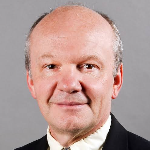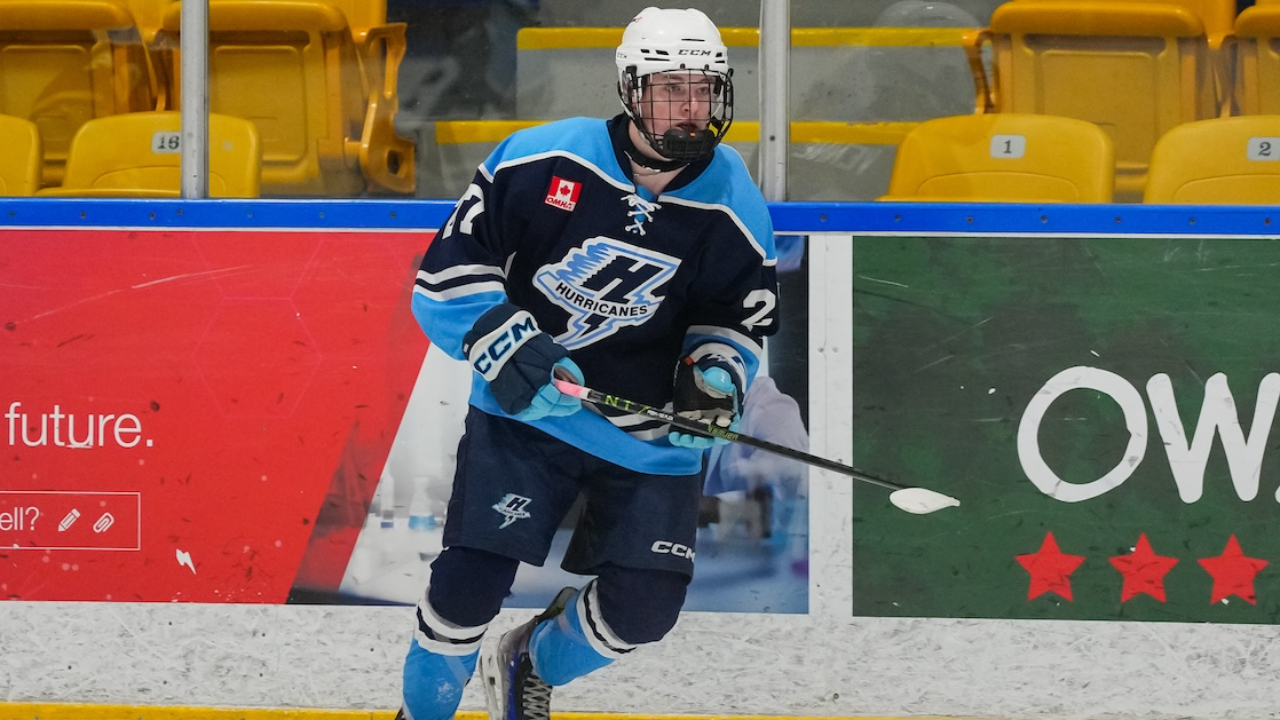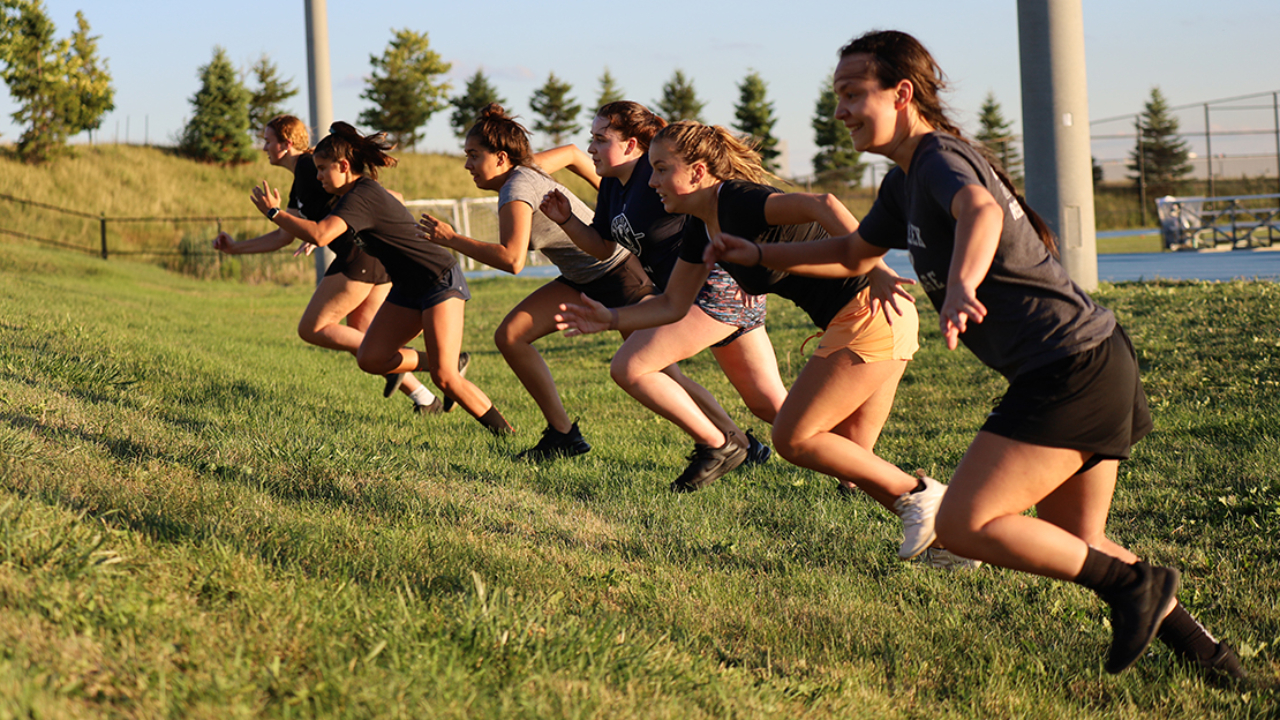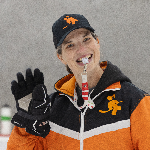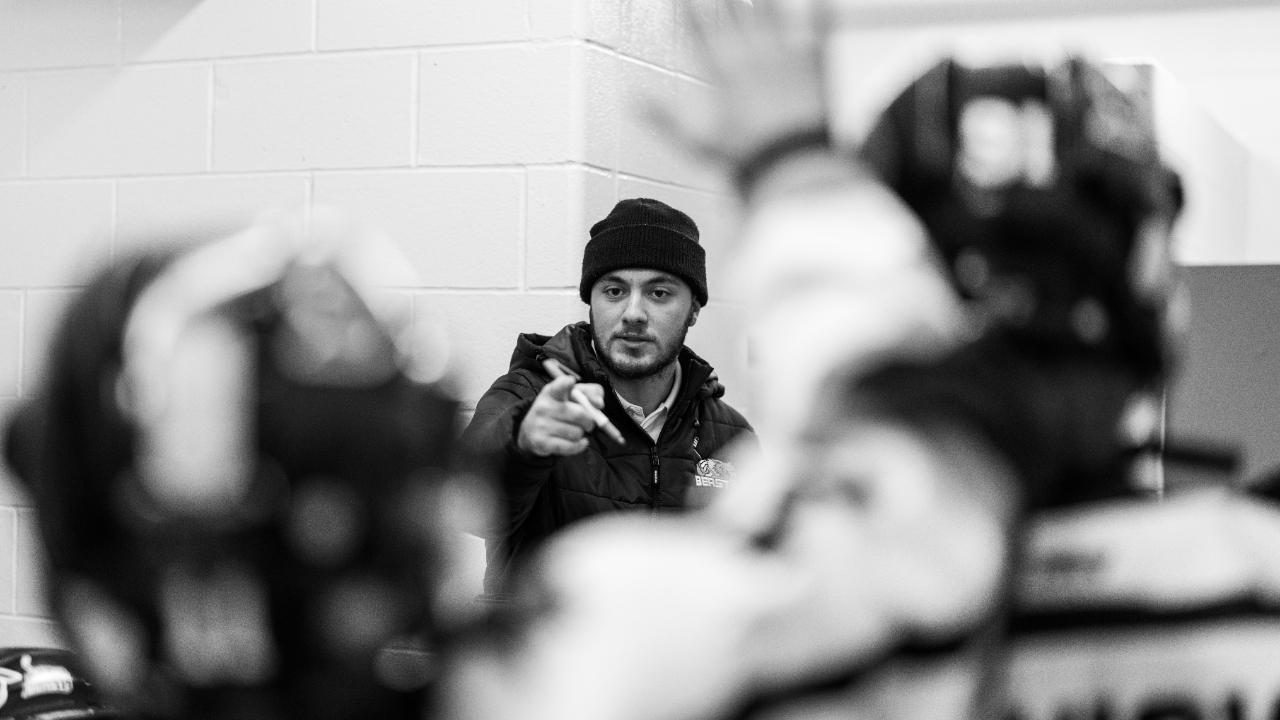
It's the end of May and the sun is shining here in Western Canada, and other than the final four teams in the Stanley Cup Playoffs duking it out for hockey supremacy, most leagues around the world are finally done for the offseason. That means most coaches can kick their feet up and go to the lake without worrying about a thing, right? If you're content / satisfied / a lottery winner then sure! Seeya in September.
Except come September if all you've done is watch Netflix then you're going to be behind. The summer is a prime time for your mind to free up and allow you to find new thoughts and new ideas that might advance your coaching style next season. Coaching is a rat race during the season, and while the offseason is a time of relative low stress, most coaches still feel pressure to improve their craft, and rightfully so, because the players are worth the extra effort.
The issue at hand is that most coaches aren't working full time and still need to pay the bills or are finding their way in the business fresh from their playing days or their university careers or a completely different occupation. Make no mistake, coaches who enjoy a pay cheque year round are still busy during an offseason dedicated to a single team (working on recruiting? Read this), but if you're a hockey mercenary at this point then it's ok to put some cash in your jeans.
1. Grind
Let's not bury the lede here, this is the most important step. I don't believe this is a you-either-have-it-or-you-don't skill, grinding is something you can aquire and hone. But make no mistake, if you're waiting for a hockey team to pay you for inaction, you're gonna have a bad time. Spring hockey and small group skill development have programs everywhere. Take the initiative, reach out, and start helping. You might have to pay your dues for awhile, but that's what grinding is - the game will eventually give back what you put in. When you're worth more money, someone will pay you, but that's the step young or inexperienced coaches can miss. Make yourself worth it! Show up with a positive attitude and a lot of energy whether you're in a support role or running practices and soon you'll be a sought-after commodity. It's challenging and tiring but you can make a decent chunk of change in the summer coaching three spring hockey teams and running 10 private lessons during the week. Just take care of yourself - get lots of sleep, limit your alcohol consumption, and eat properly because it's a sprint that will be over before you know it.
2. Dryland Training
Grinding isn't limited to the ice. Training players on the track or in the gym is an enormous part of hockey and every high level sport these days. One mistake to avoid, however, is taking money for a task in which you're not an expert. Just because you played junior hockey or even pro doesn't qualify you for personal training. There are professional trainers out there who need assistance, but unless you understand proper safety, anatomy, and strength requirements of the full range of young athletes, this option is for support only. The good news is that the overhead costs are cheaper than options requiring ice, so you're ahead of the game there, and the market is less saturated with people who know what they're doing. So get in the gym and help out! Training could end up being a better fit for you in the longrun as well - I've coached more than a few people who switched from on-ice coaching to training and thrived.
3. Play the long game
When you're young and stressed about gas prices and groceries (wait that's everybody) you're probably not in a position to spend a lot of money on yourself, and that's understandable. There's an excellent conference in Ann Arbour Michigan every June that I know about, but that might not be a realistic option for you at this point in your career / life. And that's ok! There's nothing stopping you from your own self-directed learning. We have courses here at TCS you can take, but one of the most valuable steps you can take is absorbing the best hockey on the planet that's being played right now. Watch the games closely, choose one or two elements you want to learn, and keep track. How are the LA Kings pulling off their 1-3-1 neutral zone forecheck? Why is Igor Shesterkin in front of every shot? How does Nikita Zadorov move so efficiently for such a monstrous human? Hockey coaching's greatest asset is simply asking questions and then finding the answers either on your own or with the help of your community.
So I'm starting to realize this post is a little at risk for becoming a thinly-veiled TCS advertisement, but you're here, so I guess it's not that evil. Everything costs money these days, which is why we make sure we have quality content you can access without spending a dime. But we do have to pay the bills, so there are ways you can go deeper if you have the means. The over-arching point is that every coach has their own path. Just like the players! People ask about my path all the time, and it's pretty simple - I found The Coaches Site online in the early days and started writing for them once a month. Apparently it was well-received because that turned into weekly articles, which launched the Glass & Out Podcast and a significant role before I left to pursue junior hockey. I remember writing articles in my car outside coffee shops just to get the free wifi - wait why didn't I go inside?
Anyways, whatever your special skill is - writing, dryland training, shooting, stickhandling, power skating, there's a market for it. But you have to grind. You have to put in the time in the evenings, on Saturday mornings, and in the summer to make ends meet. It's a process but it's worth it.
Sound familiar?

